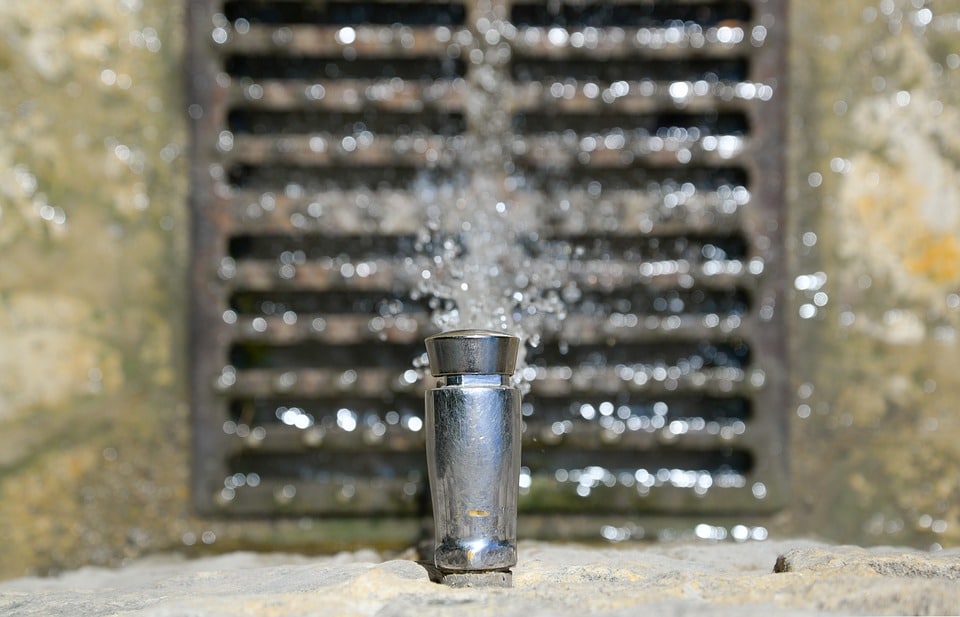Having “waded out” my fair share of natural and plumbing disasters, I can say with confidence that water damage in all of its forms is one of the most devastating things that can happen to a person, a family, and a community. The very nature of water is to fill its container which means that nothing is safe once water has infiltrated a home.
Time and preparation are your biggest allies where water damage is concerned. The unfortunate truth is that you can’t necessarily prevent water damage, but you can prepare for it. You may have a tiny bit of notice if it comes in the form of a natural disaster such as a hurricane, flooding, and heavy rains, but it might also happen without any warning if a pipe bursts in the walls, on the roof, or in the ground outside so that the water flows back into your house. A sewage line might leak, or your washing machine could suddenly have incontinence issues.
If water damage is bound to happen to everybody at some point or another, why is it such a big deal? Think about it: the materials that your home is made of – insulation, drywall, wooden studs, particleboard cabinetry, carpet – all of those things soak up water like a sponge. Insulation especially laps up water and can spread the wetness far beyond the actual water level.
If left untreated for even 24 hours, mold can start infiltrating your house. Carpet fibers are notorious for being a breeding ground for mold and other toxic substances. In other words, time is of the essence. That’s not even taking into account the possibility of electrocution if you wade through or walk on wet surfaces and the electricity hasn’t yet been turned off. Water damage isn’t as horrible to remediate if it’s considered “clean” water (water that comes from a burst pipe or leaky sink), but if it comes from anything that has “black” water (water that has hazardous materials such as human waste, chemicals, or biohazards), you could lose just about everything it touches. Long story short: water damage in all of its forms is a big deal.
Hopefully that inspired you to action because there are a few ways to prepare for water damage so that the aftermath isn’t as horrible.
- First, make sure that you have the appropriate insurance.
a. Get flood insurance if you live in a flood plain. This type of insurance usually protects against rainwater, storms, sewer backup, and flooded bodies of water nearby.
b. Make sure that your homeowner insurance covers accidental water damage and flooding caused by faulty appliances. - If you get advanced warning of an impending flood, take a little time to move susceptible things to higher ground. Items like wooden furniture, clothing, valuables, and sentimental items should be placed up as high as possible to avoid the floodwater. Remember: if flooding has already started, you should not be walking around in the floodwater—especially if you’re unsure that your electricity is turned off.
- Do your best to prevent non-natural-disaster flooding by doing routine maintenance on your home.
a. Clean out gutters and drains, and make sure the downspouts are far enough away from your house that water won’t pool around the foundation.
b. Make sure your lawn is graded appropriately so rainwater won’t run back into your house.
c. Don’t put things down the drain or toilet that you shouldn’t (i.e., grease, vegetable peelings, sanitary products, wipes, makeup products).
d. Check your appliances and plumbing at least every other month and your roof annually for wear and tear that may lead to leaks in the future.
If water damage affects you in spite of your best efforts to prevent it, first contact your insurance agency and get instructions from them. Assess the damage and then call a restoration expert. They have the appropriate tools and equipment to make sure that your house is dried out so that the water doesn’t leave its mark on you.

